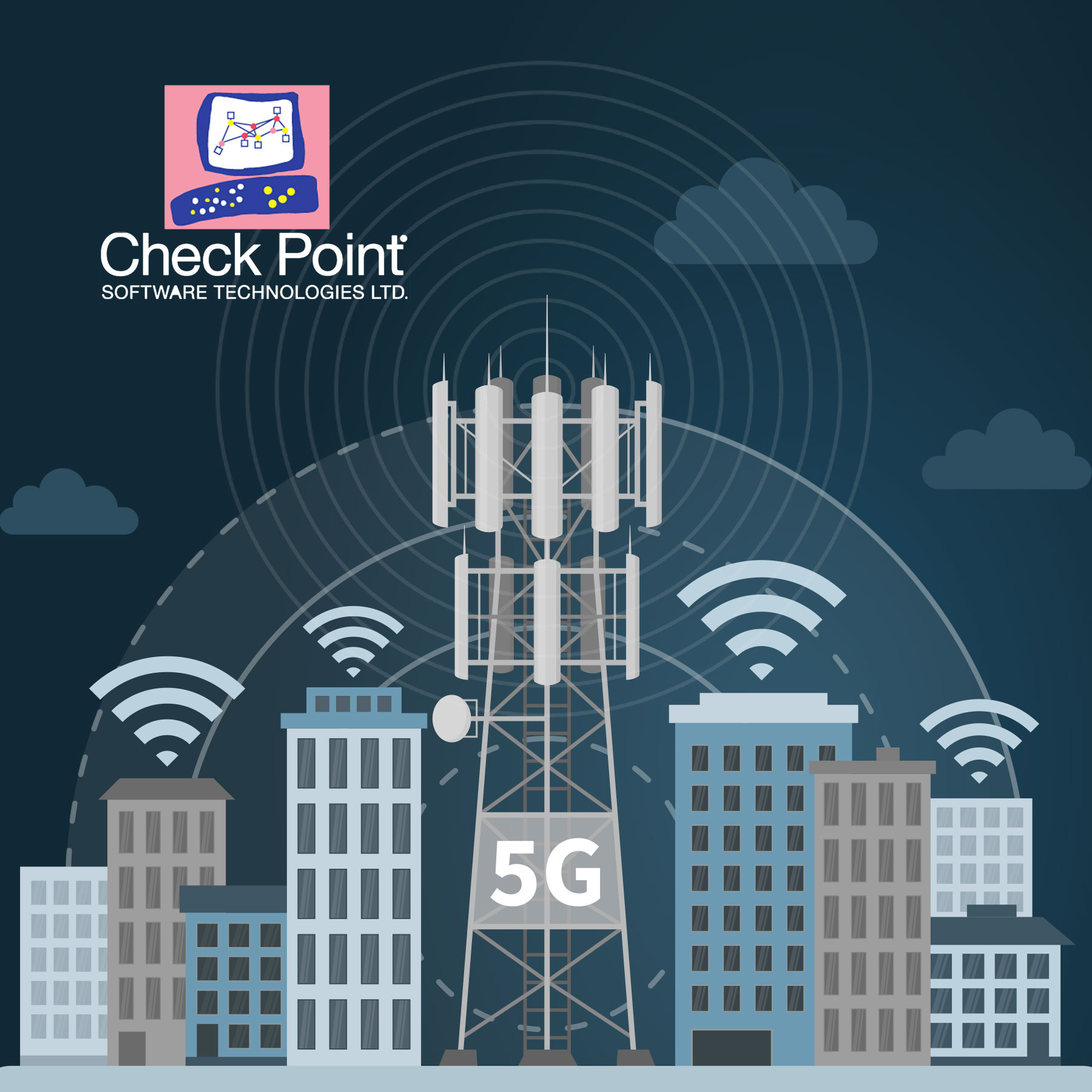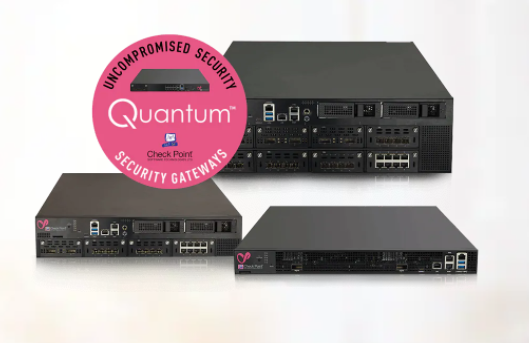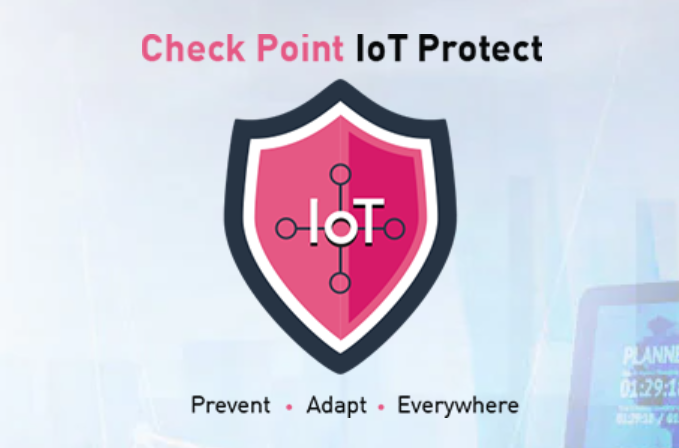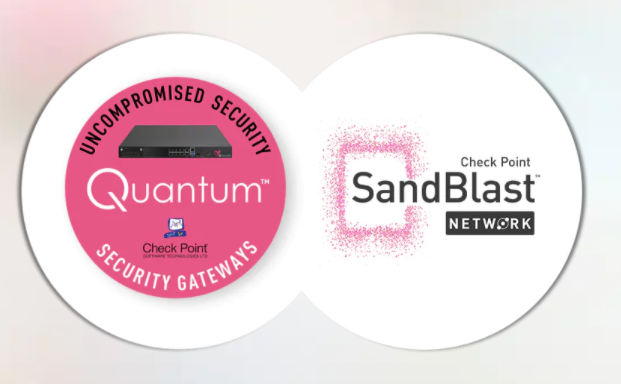
Check Point 5G
The next generation of mobile networking

How Does 5G work?
The next generation of mobile networking uses many of the same underlying technologies (radio waves, towers, etc.) as other generations but includes a unique encoding scheme that provides a number of different advantages.
Additionally, 5G has moved primarily to software-defined networking, unlike 4G LTE and previous generations. This enables 5G to implement network slicing, where a network is divided into multiple isolated networks that can be tailored to the unique needs of a particular application. This new network architecture makes 5G more scalable and flexible than 4G LTE.

How 5G Will Impact the Network and Cybersecurity World?
5G enables more devices to connect to mobile networks, decreases their power requirements, and offers improved network performance and latency. This opens up the use of mobile networking to a number of different devices for which it was not previously an option.
One of the biggest anticipated impacts of the introduction of 5G is an explosion in the use of Internet of Things (IoT) devices. These devices commonly operate with constrained resources (i.e. limited battery life) and need high-performance network links to communicate with cloud-based servers. Previously, mobile networks' limitations made it so that these devices could not effectively use them en masse.
With 5G, IoT devices can take advantage of mobile network connectivity with higher speeds and lower latency, and the design of 5G means that power consumption is lower. Additionally, 5G's ability to support a much higher density of devices means that many IoT devices can be effectively deployed in a location without negatively impacting each others' network connectivity. As a result, 5G makes the widespread deployment of IoT devices possible, especially in remote locations where traditional network connectivity is unavailable or expensive.
5G vs 4G Comparison
| 5G | 4G | Description | |
|---|---|---|---|
| Faster Speeds: | ✓ | 5G offers speeds up to 100 times higher than 4G. | |
| Lower Latency: | ✓ | 5G is capable of providing much lower network latencies (1 millisecond) than 4G (200 milliseconds). | |
| Higher Density: | ✓ | 5G is capable of supporting ten times as many connections in the same area as 4G. | |
| Lower Energy Consumption: | ✓ | 5G requires less energy than 4G, which is useful for resource-constrained devices. |
5G Security
Benefits and Concerns
The transition to 5G technology provides organizations with plenty of benefits, yet it is necessary to consider 5G cybersecurity impacts as well:
- Decreased Traffic Visibility: As 5G makes mobile networks more usable, employees and business devices may start to use them more. Unless an organization has a WAN solution like Secure Access Service Edge (SASE) in place, this could mean that these companies would lose visibility into some business traffic.
- Increased IoT Usage: IoT devices have historically had poor security, creating potential gaps in an organization's security and expanding its attack surface. With the growth of IoT usage due to the rise of 5G, organizations must deploy IoT security solutions to ensure that their new devices are appropriately protected.
- Supply Chain and Software Vulnerabilities: 5G supply chains are limited, and the new mobile technology is more dependent on software than traditional mobile networking. This increases the potential for exploitation of 5G network infrastructure.
Building Security for the 5G World
As 5G becomes more prevalent and usable, business adoption will grow rapidly. The promise of 5G technology makes it an ideal choice for organizations that need to deploy monitoring and control solutions at remote locations. However, many of these same organizations - including critical infrastructure, healthcare, and similar industries - are also some of the ones most targeted and vulnerable to cyber threats.
Check Point provides solutions that can aid these organizations to securely deploy IoT and other devices on 5G networks. This includes IoT security solutions tailored to industry-specific needs and capable of protecting IoT devices from their initial connection to the network to blocking both known and zero-day attacks. To learn more about Check Point's IoT security solutions, you're welcome to request a demo.




